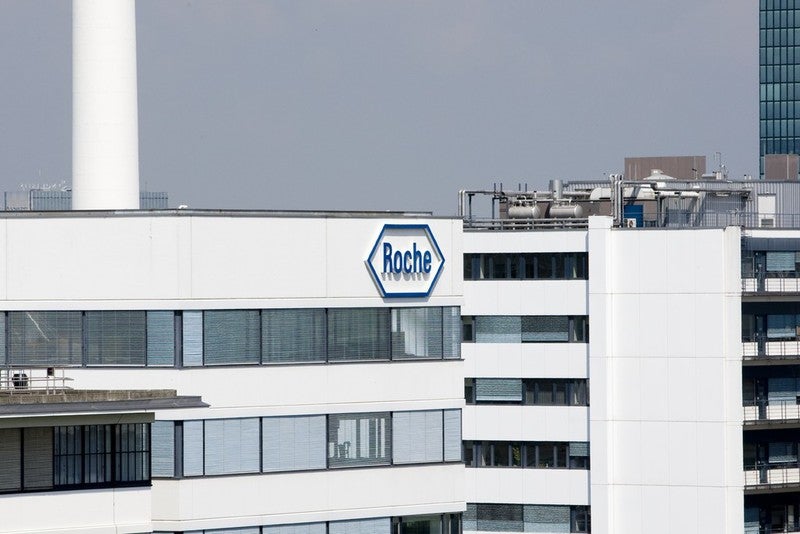
A Phase III clinical trial by Roche demonstrated favourable outcomes for its satralizumab drug as a monotherapy in patients with neuromyelitis optica spectrum disorder (NMOSD).
NMOSD is a rare central nervous system disorder characterised by pathogenic AQP4-IgG antibodies that cause inflammatory lesions in the brain, spinal cord and optic nerves.

Discover B2B Marketing That Performs
Combine business intelligence and editorial excellence to reach engaged professionals across 36 leading media platforms.
Patients suffering from the disorder have severe and unpredictable relapses that result in neurological damage.
Satralizumab is designed to target IL-6 signalling, which is linked to the inflammation in NMOSD and believed to be the cause of damage and disability.
The Phase III trial, known as SAkuraStar, compared the safety and efficacy of a 120mg subcutaneous dose of the drug with placebo in a total of 95 patients aged 20-70. Treatment was given at weeks zero, two and four, followed by four-week intervals thereafter.
The trial’s primary endpoint was the time to first protocol-defined relapse (PDR) and secondary endpoints included the visual analogue scale (VAS) score to measure pain and functional assessment of chronic illness therapy (FACIT) fatigue score.

US Tariffs are shifting - will you react or anticipate?
Don’t let policy changes catch you off guard. Stay proactive with real-time data and expert analysis.
By GlobalDataAccording to the results, satralizumab led to a 55% decrease in the relapse risk versus placebo, while a 74% reduction was observed in a subgroup of participants who were seropositive for AQP4-IgG antibodies.
Roche noted that seropositive patients usually have a more severe course of the disease.
Of the overall population who received the company’s drug, 76.1% and 72.1% were relapse-free at 48 and 96 weeks, respectively, compared to 61.9% and 51.2% on placebo.
In the subgroup of AQP4-IgG seropositive subjects, the figures were 82.9% and 76.5% with satralizumab versus 55.4% and 41.1% with placebo.
The serious adverse events were found to be similar between the study groups, with a comparatively low infections rate in the satralizumab group.
Roche chief medical officer and global product development head Sandra Horning said: “We are encouraged by these results and look forward to working with regulators over the coming months to bring satralizumab to people living with NMOSD as soon as possible.”
The company added that satralizumab also yielded positive results in the previous Phase III SAkuraSky trial, which assessed the drug in combination with a baseline immunosuppressant therapy for NMOSD.





